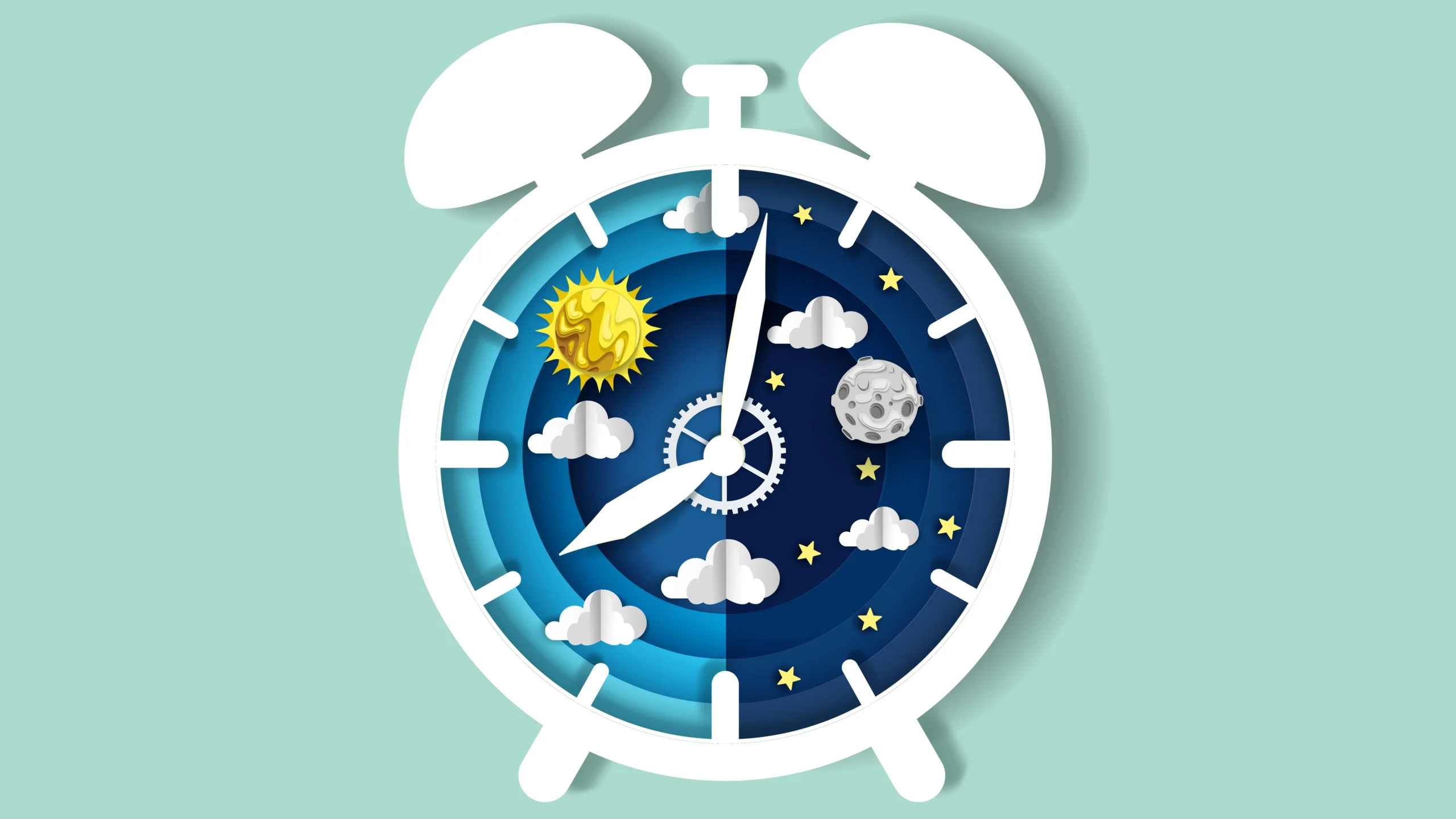Building Resilience: Your Guide to Stress Management

Navigating the Storm: Mastering Stress Management & Building Resilience
Life throws curveballs. Deadlines loom, relationships challenge us, and unexpected events disrupt our carefully laid plans. It’s unavoidable – stress is a part of being human. But how we *respond* to that stress, whether we develop effective coping mechanisms and build resilience, is entirely within our control. This post dives deep into practical techniques for managing stress and cultivating the mental toughness needed to not just survive challenging times but thrive through them.
Understanding Stress: More Than Just Feeling Overwhelmed
Let’s start with what stress actually *is*. It’s your body’s natural response to demands – anything that requires you to adjust or adapt. This can be a positive thing! A little bit of stress can motivate us, push us to perform better, and even lead to growth. We call this “eustress.” However, when stress becomes chronic, overwhelming, or perceived as unmanageable, it turns into “distress.”
Distress impacts our physical and mental health in significant ways. Physically, we might experience headaches, fatigue, digestive issues, weakened immunity, and even increased risk of heart disease. Mentally, distress can manifest as anxiety, depression, difficulty concentrating, irritability, and poor decision-making. Ignoring these warning signs will only compound the problem.
Immediate Stress Relief: Quick Techniques for a Calm Down
Sometimes you need an immediate solution – that feeling of panic when a deadline is approaching or an argument has just escalated. Here are some quick techniques to bring yourself back down:
- Deep Breathing Exercises: This is arguably the most accessible and powerful tool. Try box breathing: inhale for 4 counts, hold for 4 counts, exhale for 4 counts, hold for 4 counts. Repeat several times. Focusing on your breath shifts your attention away from the stressful trigger and activates your parasympathetic nervous system (the “rest and digest” response).
- Grounding Techniques: When feeling overwhelmed, grounding brings you back to the present moment. The “5-4-3-2-1” method is effective: acknowledge 5 things you can *see*, 4 things you can *touch*, 3 things you can *hear*, 2 things you can *smell*, and 1 thing you can *taste*.
- Progressive Muscle Relaxation (PMR): Tense and release different muscle groups, starting with your toes and working your way up. This helps identify tension in the body and learn to consciously relax those muscles. Numerous guided PMR recordings are available online.
- Short Walks: Even a 5-10 minute walk can do wonders. The movement releases endorphins (natural mood boosters) and provides a change of scenery.
Long-Term Strategies for Stress Management
While the quick techniques offer immediate relief, building long-term resilience requires ongoing effort and incorporating healthy habits into your lifestyle.

- Prioritization & Time Management: Often stress stems from feeling overwhelmed by too much to do. Learn to prioritize tasks using methods like the Eisenhower Matrix (urgent/important) or simply making a daily “to-do” list and tackling the most crucial items first. Breaking down large projects into smaller, manageable steps is key.
- Mindfulness & Meditation: Mindfulness involves paying attention to the present moment without judgment. Regular meditation practice – even 5-10 minutes daily – can significantly reduce stress levels, improve focus, and increase self-awareness. Numerous apps (Headspace, Calm) offer guided meditations for beginners.
- Regular Exercise: Physical activity is a fantastic stress reliever. Aim for at least 30 minutes of moderate-intensity exercise most days of the week. It doesn’t have to be intense; walking, dancing, gardening – anything that gets you moving counts!
- Healthy Diet: Nourish your body with whole, unprocessed foods. Avoid excessive sugar, caffeine, and alcohol, which can exacerbate anxiety and stress.
- Sufficient Sleep: Sleep deprivation significantly impairs our ability to cope with stress. Aim for 7-9 hours of quality sleep each night. Create a relaxing bedtime routine to signal your body that it’s time to wind down.
- Social Connection: Strong social relationships are vital for mental well-being. Make time for loved ones, connect with friends, and engage in activities that foster belonging and support. Feeling isolated can amplify stress.
Building Resilience: Bouncing Back from Adversity
Resilience isn’t about *avoiding* challenges; it’s about how you respond to them. It’s the ability to adapt well in the face of adversity, trauma, tragedy, threats, or significant sources of stress.
- Cultivate Optimism: While acknowledging negative emotions is important, focusing on the positive aspects of a situation and believing in your ability to overcome challenges builds resilience.
- Learn from Experiences: Reflecting on past challenges – what went well, what could have been done differently – allows you to learn valuable lessons and build confidence for future situations.
- Self-Compassion: Be kind to yourself! Treat yourself with the same compassion and understanding you would offer a friend facing a similar challenge. Self-criticism can be incredibly detrimental to resilience.
- Set Realistic Goals: Aiming too high can lead to frustration and disappointment. Setting achievable goals, celebrating small victories, and gradually increasing difficulty fosters a sense of accomplishment and builds confidence.
- Seek Support: Don’t hesitate to reach out for help when needed. Talking to a therapist, counselor, or trusted friend can provide valuable support and perspective. There’s strength in seeking assistance – it doesn’t signify weakness.
Conclusion: A Journey, Not a Destination
Stress management and resilience aren’t one-time fixes; they are ongoing practices. It’s about consistently implementing strategies that work for *you* and adapting your approach as life evolves. Be patient with yourself, celebrate your progress, and remember that building mental toughness is a lifelong journey – a journey well worth taking to lead a healthier, happier, and more fulfilling life. Start small, be consistent, and you’ll gradually notice a significant difference in your ability to navigate the inevitable storms of life.



